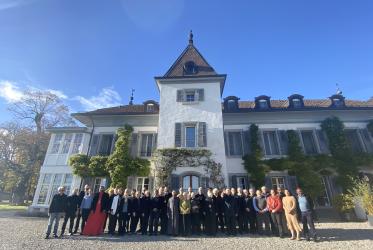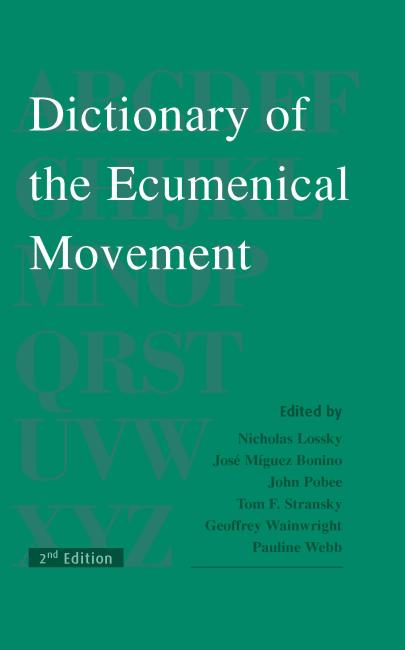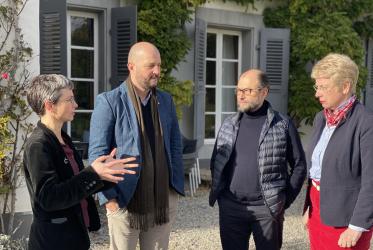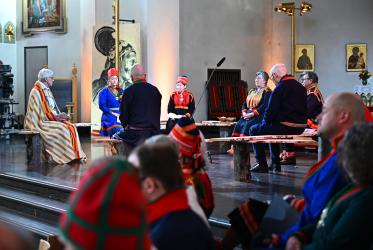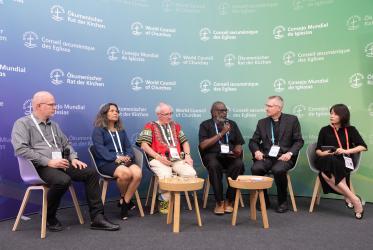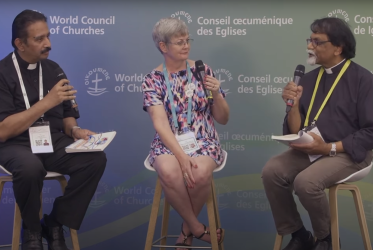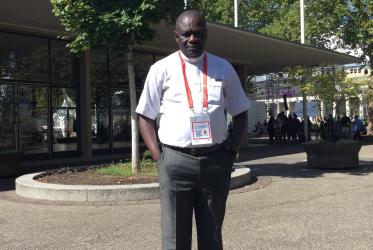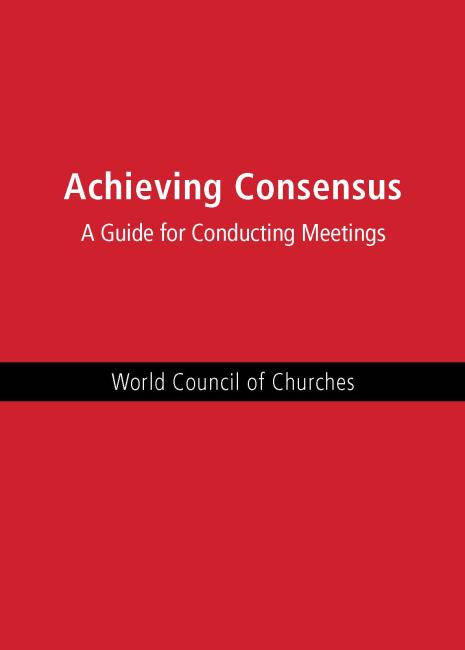Displaying 121 - 140 of 1377
Dictionary of the Ecumenical Movement (2nd Edition)
28 November 2022
Towards a Global Vision of the Church Volume I
Explorations on Global Christianity and Ecclesiology, Faith and Order Paper 234
14 November 2022
Migrants in Argentina find listening ears and open hearts
04 November 2022
Church of Sweden apologizes to Sámi people, this time in Sápmi
27 October 2022
WCC 11th Assembly: safe and welcoming environment for all
19 September 2022
Assembly workshop looked toward ending AIDS epidemic by 2030
19 September 2022


